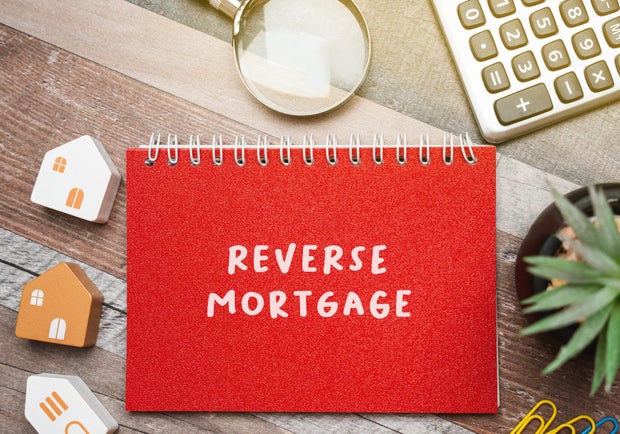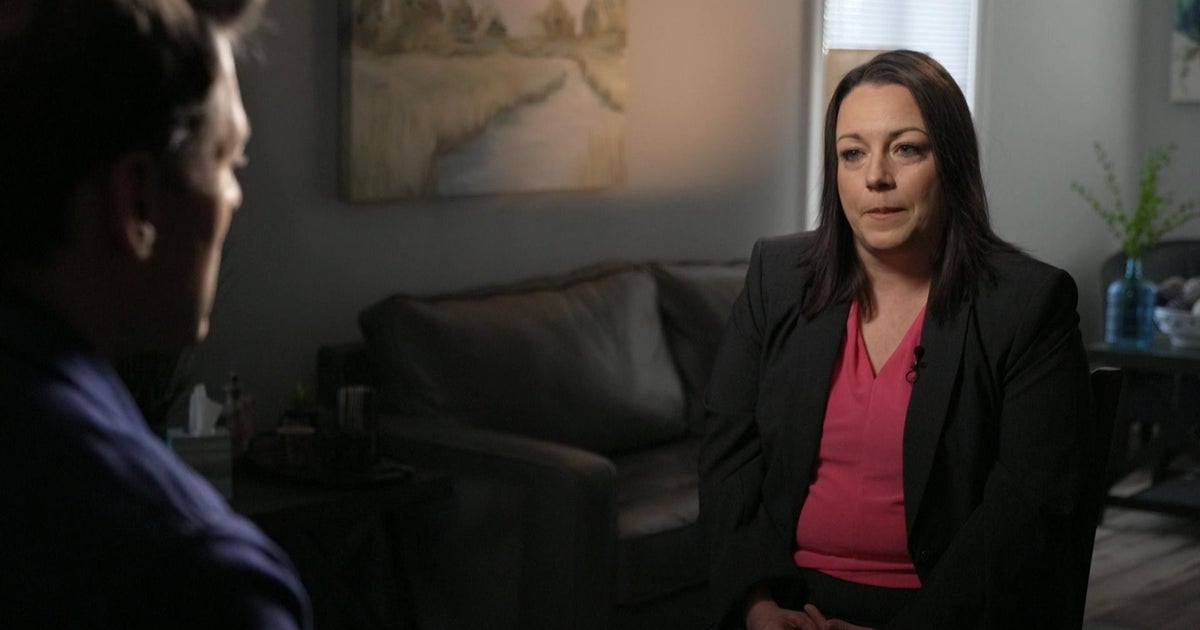 Make sure to avoid missteps when taking out a reverse mortgage so you don't end up with costly regrets.
Andrii Yalanskyi/Getty Images
Make sure to avoid missteps when taking out a reverse mortgage so you don't end up with costly regrets.
Andrii Yalanskyi/Getty Images
For older homeowners, a reverse mortgage can sound like a perfect solution. After all, this borrowing tool allows you to turn home equity into cash without having to sell your property or factor monthly loan payments into your retirement finances. And, with home values still elevated right now, and many retirees feeling the squeeze from higher everyday costs due to inflation, the appeal is obvious. The money from a reverse mortgage can cover essentials, fund medical care or simply offer breathing room in a tight budget.
But while reverse mortgages can provide relief to the right retirees, they're not a one-size-fits-all solution. These unique loans come with rules, costs and long-term tradeoffs, after all, which can catch borrowers off guard if they aren't prepared. And, mistakes made at the start of the reverse mortgage process can create financial headaches later on, affecting not just you, but also your family members or heirs. So, if you're thinking about tapping your home equity this way, it's important to know what pitfalls to avoid this fall.
Find out more about your reverse mortgage borrowing options online now.
Here's what not to do when taking out a reverse mortgage this fall
Reverse mortgages can be useful tools for retirees, but only if approached carefully. Here are some of the biggest missteps to avoid when applying for one this fall:
Don't ignore the true costs
Many seniors focus on the lump sum or line of credit they'll receive from a reverse mortgage without fully weighing the upfront fees and long-term expenses that are tied to this type of borrowing. Reverse mortgages typically include origination fees, mortgage insurance premiums and closing costs that can run into the thousands. On top of that, you'll still need to pay property taxes, homeowners insurance and upkeep costs to keep the loan in good standing. So, skipping this math could leave you with less money than expected or struggling to maintain the loan later.
Explore the reverse mortgage loan options available to you here.
Don't forget how it affects your heirs
A reverse mortgage doesn't turn your home equity into free money. Once you die or move out of the home, the reverse mortgage loan balance must be repaid, usually by selling the house. If you intend to leave the property to your children or other heirs, they'll need to quickly pay off the loan or refinance to keep it. Overlooking this reality can create difficult choices for your loved ones, so make sure your family is part of the conversation before you commit.
Don't borrow more than you really need
It can be tempting to take the maximum reverse mortgage loan payout available, but borrowing more than necessary increases the interest that accrues over time and eats away at your home equity faster. A better approach is to think strategically about how much you truly need to cover expenses, and whether a line of credit, which grows over time if left untouched, might make more sense than a large lump sum. Overspending upfront could leave you with fewer options later.
Don't assume it won't affect your benefits
While reverse mortgage proceeds aren't considered taxable income, they can still affect eligibility for certain means-tested benefits like Medicaid or Supplemental Security Income (SSI). If you're currently receiving these types of benefits, be careful. Taking a large lump sum and keeping it in a bank account could push your assets above the qualifying limits. Not understanding this interaction could unintentionally reduce or eliminate important support programs.
Don't skip professional guidance
Reverse mortgages are complicated, and while counseling is required by law, it's only a starting point. Many borrowers make the mistake of rushing the process or relying solely on a lender's pitch to provide vital information, but that's a big mistake to make. Speaking with an independent financial advisor, elder law attorney or trusted housing counselor can provide a more objective perspective. They can help weigh whether a reverse mortgage is the best fit or if alternatives like downsizing, a home equity line of credit or selling the home outright might be smarter.
The bottom line
A reverse mortgage can unlock much-needed cash for retirees, but it's far from risk-free. Failing to factor in costs, overlooking the impact on your heirs or treating it as a quick cash solution can all lead to regret. By slowing down, asking questions and seeking independent advice, you'll be better equipped to decide if this option truly supports your long-term financial security. Sometimes, the most important decision is not what to do, but what not to do.
Angelica Leicht is the senior editor for the Managing Your Money section for CBSNews.com, where she writes and edits articles on a range of personal finance topics. Angelica previously held editing roles at The Simple Dollar, Interest, HousingWire and other financial publications.

















































